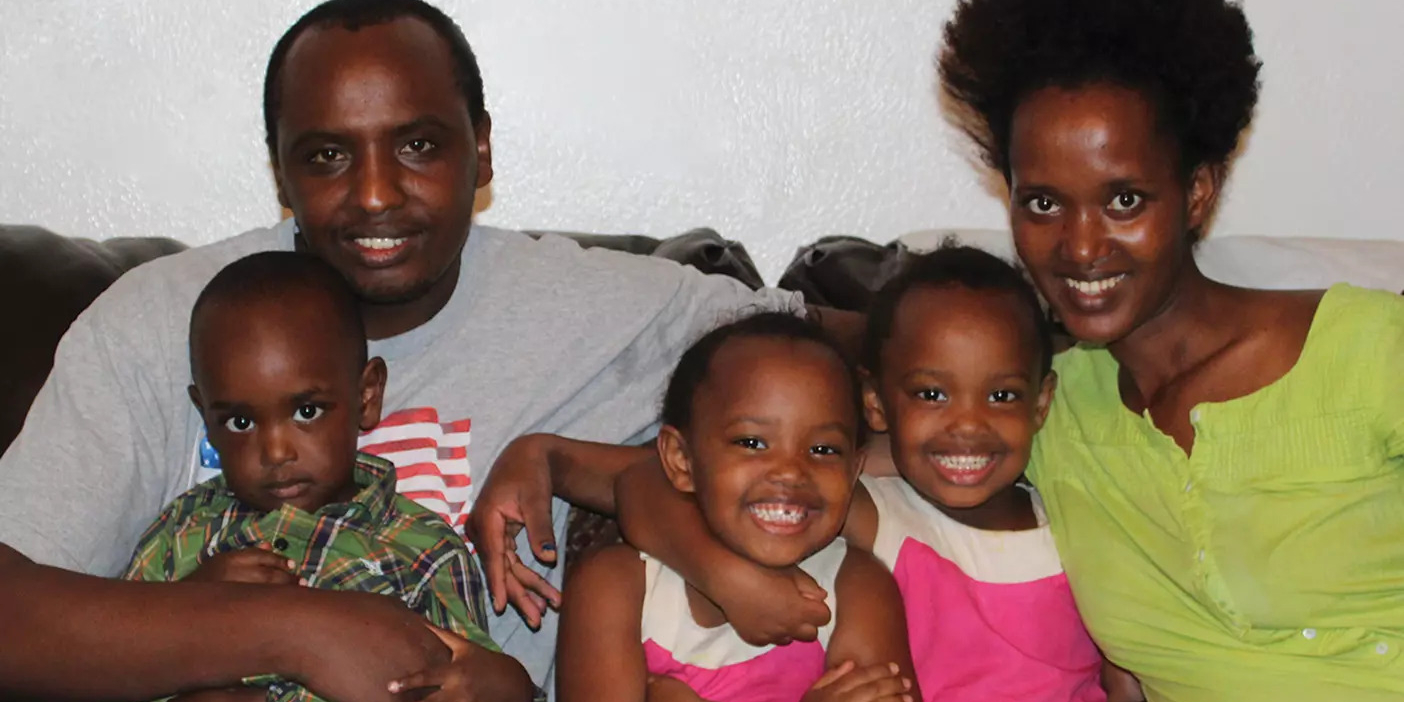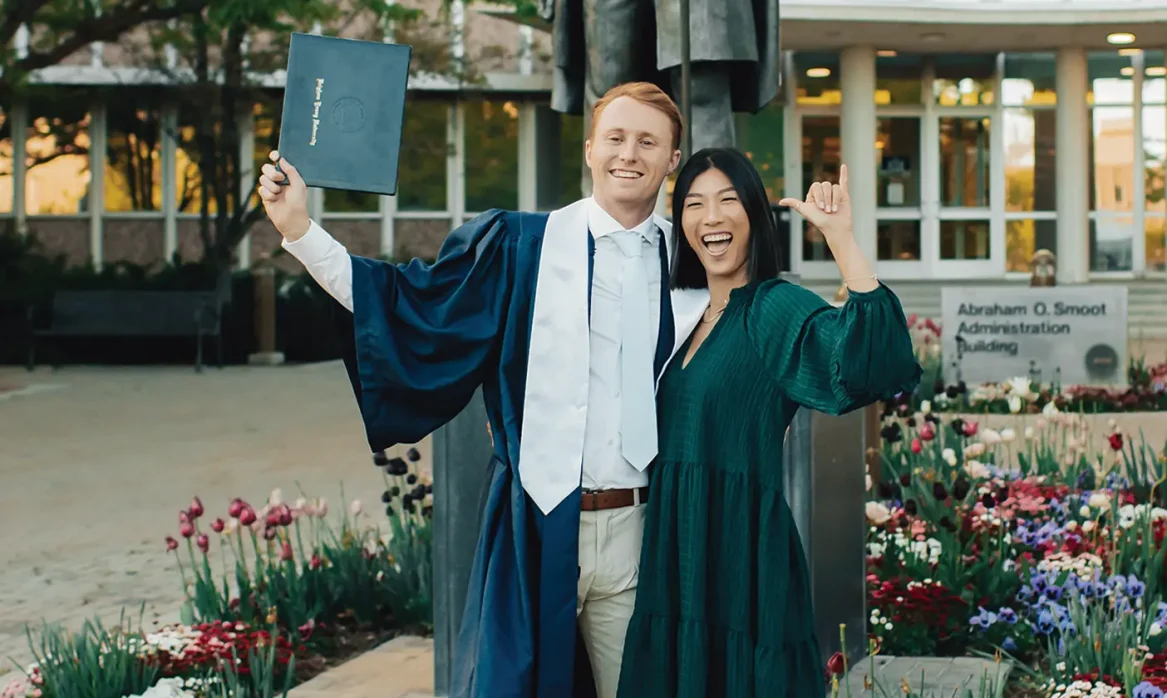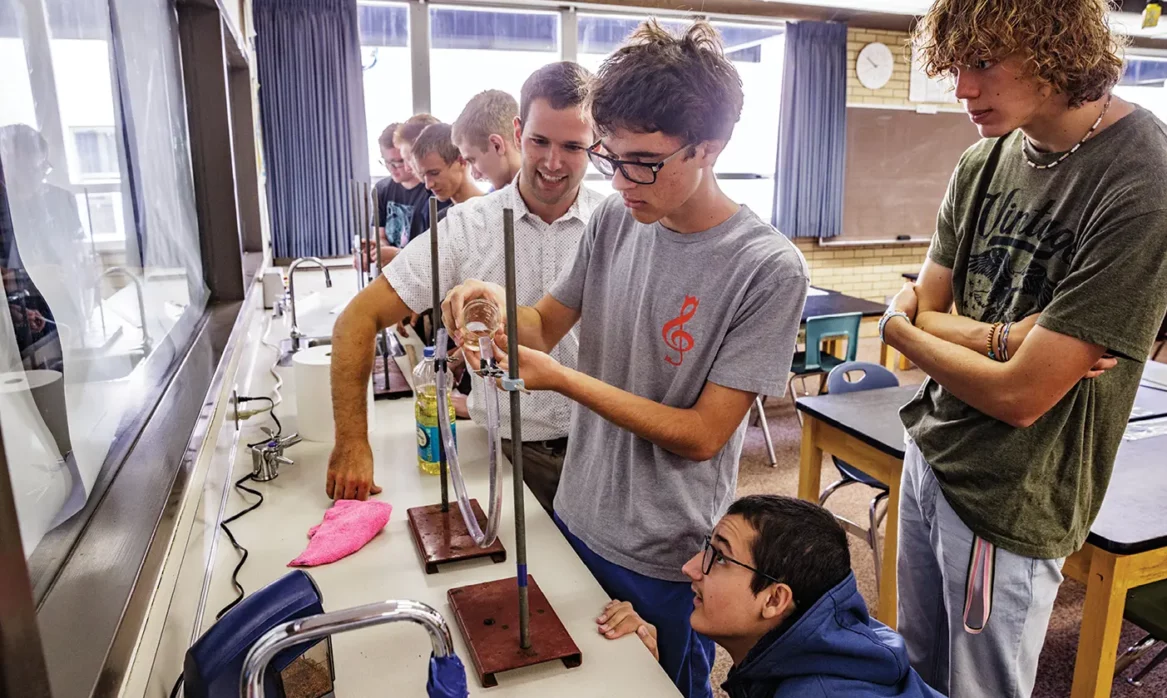An alum teaches refugee girls about their power and potential through soccer.
Adam C. Miles (BA ’92) had a problem. In 2017 he had started the nonprofit program Refugee Soccer in Salt Lake City to help young refugees adjust to and build community in their new country. While the soccer teams were popular among male refugees, the program saw few female players join. Miles attributed the disparity to “cultural, religious, and social norms that may discourage or even prevent girls from coming out and playing.”
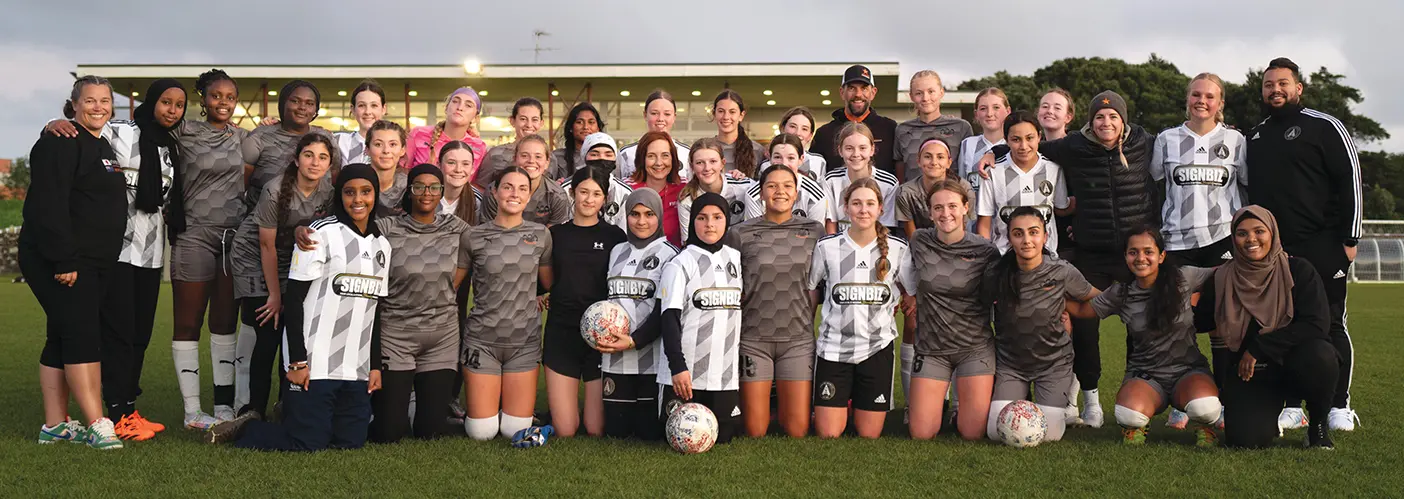
In January 2023 Miles had an idea while lying in his bed late one night. He was thinking about the upcoming Women’s World Cup when two words came to mind: she belongs. With that start Miles began planning how to leverage the World Cup to create a life-changing program for young female refugees.
Working with other volunteers, including former BYU soccer player Carla Swensen-Haslam (BA ’17, JD ’21), Miles created a unique soccer team—half refugee and half non-refugee—and planned to take them to the Women’s World Cup in New Zealand to see the US Women’s National Team’s first game, with a stop in Japan along the way for the girls to play friendly matches and to learn about their potential in athletics and life.
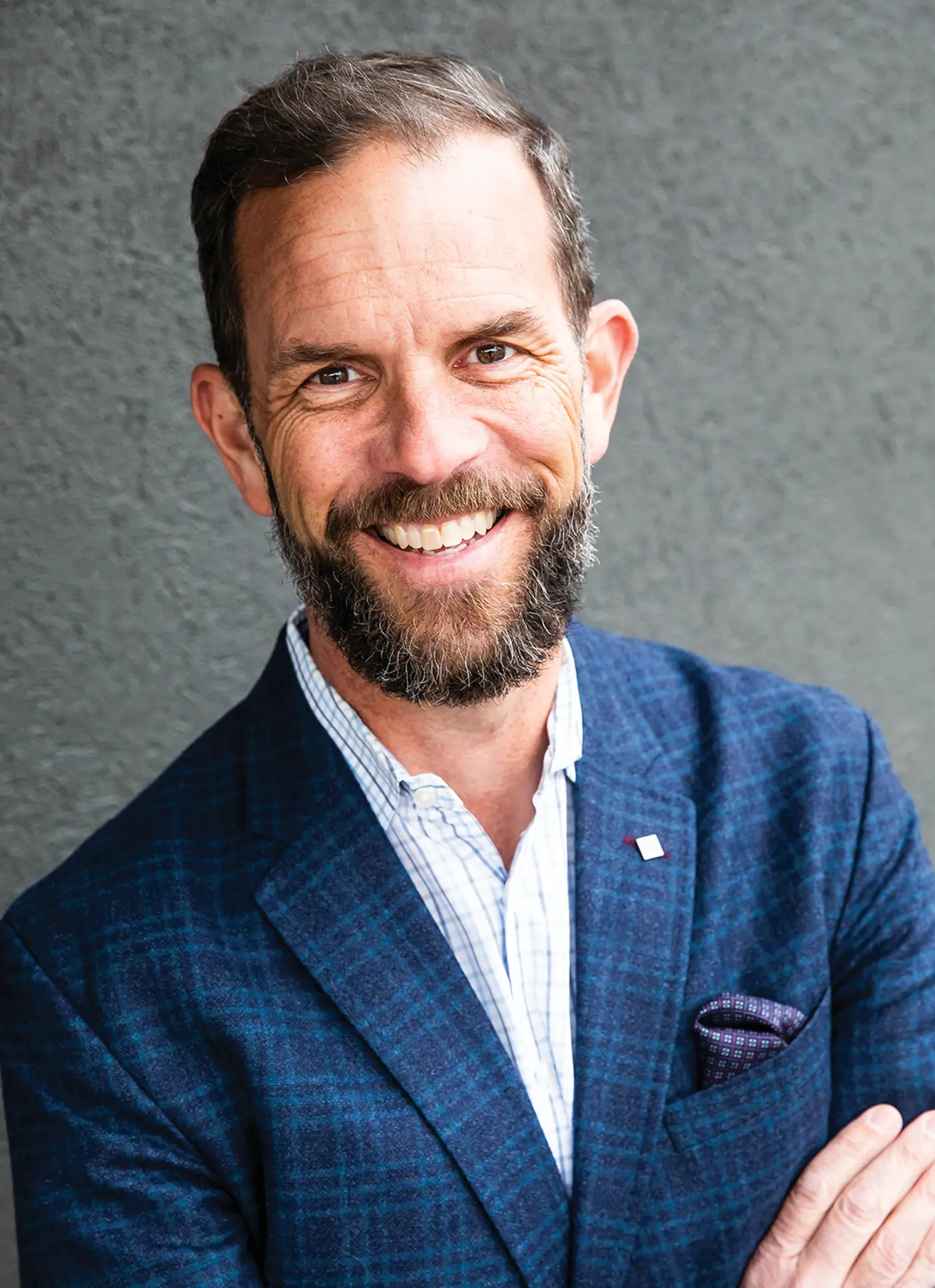
They signed up refugee players now living in Utah from countries like Ukraine, Rwanda, Sri Lanka, and Iraq—“brought together by their love of soccer,” says Miles. On the trip the girls “learned just how similar they are to other girls around the world.”
Umi, a Somali Muslim raised in Kenya, was initially nervous to join the team because of her faith. She loved playing soccer with her brothers but had never had a chance to participate on an organized team and was worried about what others would think about her playing in a hijab. But she decided to join the team and says she loved every minute of her experience. Yvette, from Rwanda, says playing with the team motivated her to consider opportunities her family never had, like pursuing an education and career.
Miles started helping refugees in 2004, after meeting a man from the Central African Republic who came to the United States for political asylum and was forced to leave his family behind. His story motivated Miles to start the nonprofit Bridges to America, which focused on reuniting separated African families legally and empowering young adults and youth.
Miles continues to grow #SheBelongs, which is inspiring refugee women to join teams and become involved in their communities all over the world. Some of these teams are now remotely competing for spots in the 2025 #SheBelongs Global Cup by carrying out and reporting on activities centered on school, soccer, service, and female education. Teams earn points, for instance, by completing a service project or maintaining a high combined GPA. In 2025 the top four teams will travel to Spain—the home of the reigning Women’s World Cup soccer team—for a week of in-person matches, advocacy events, and refugee service projects.










